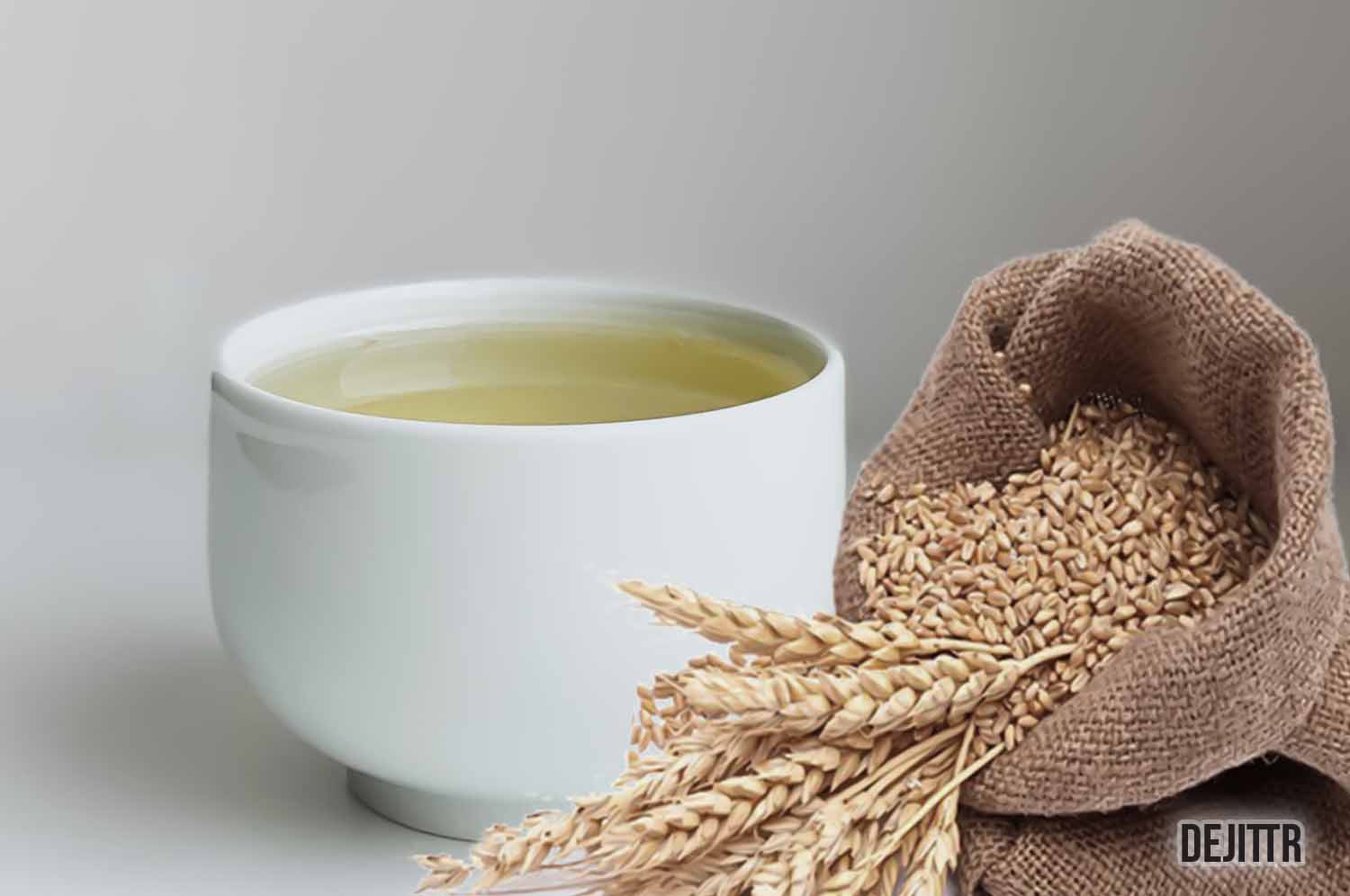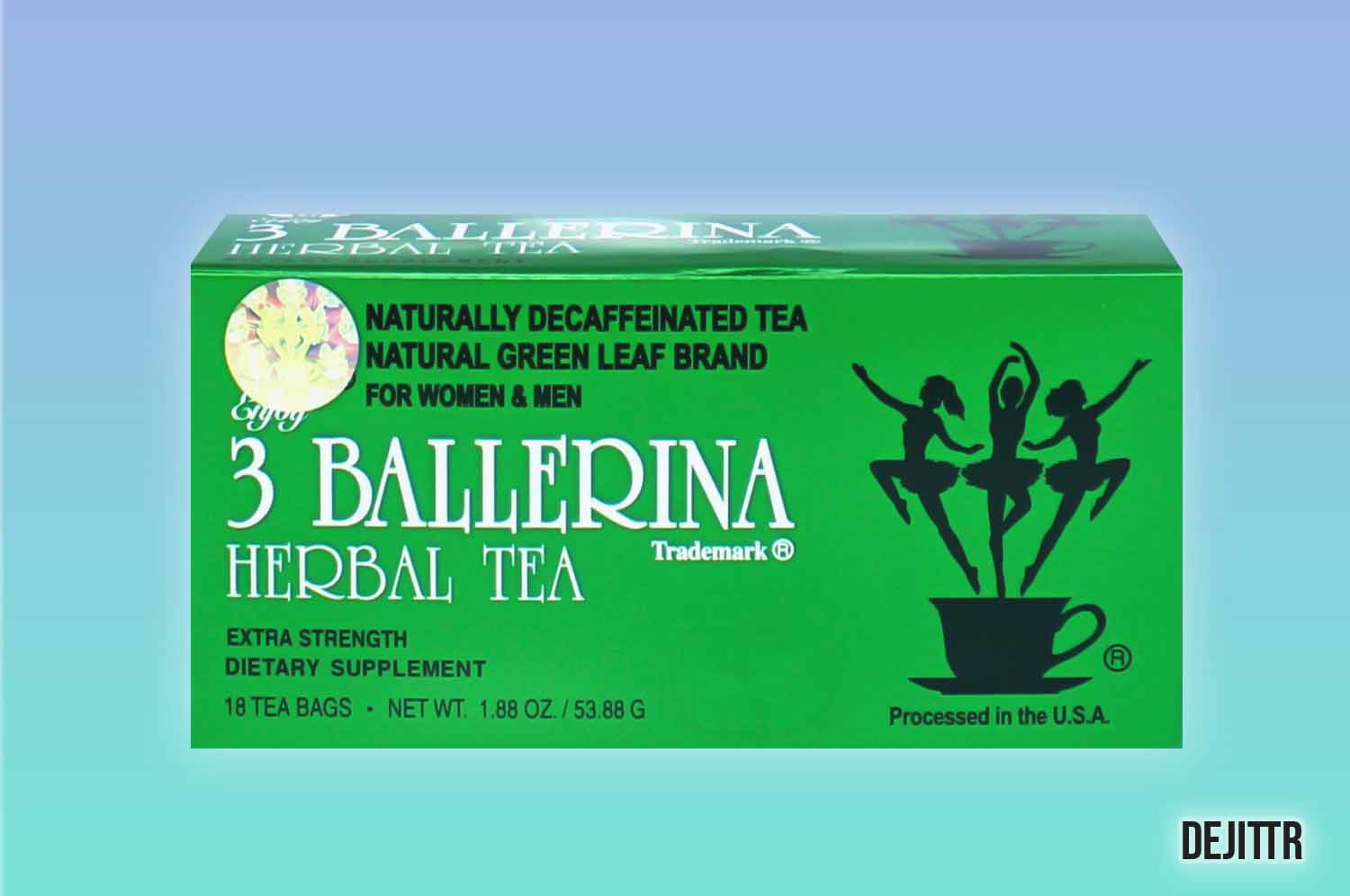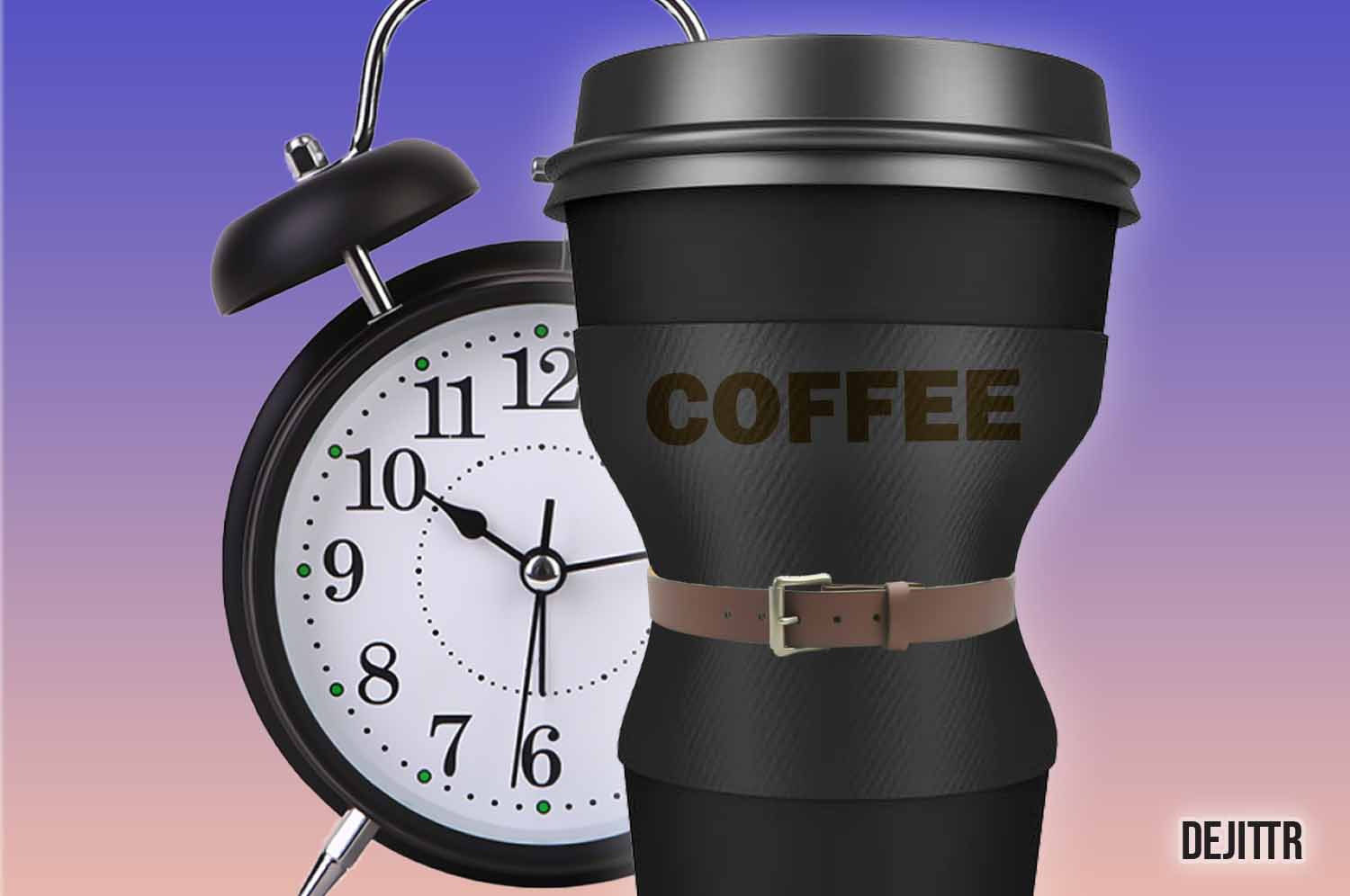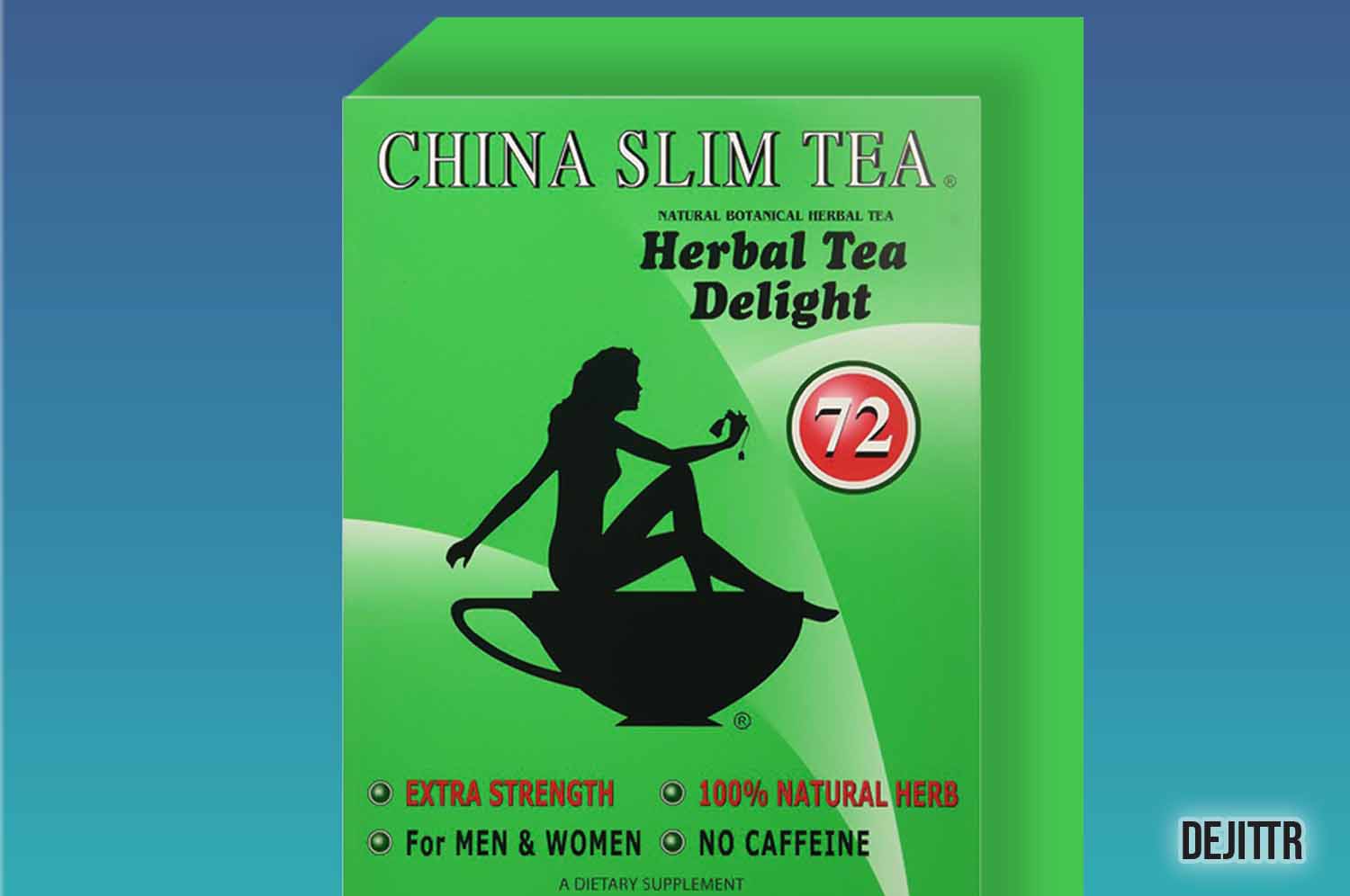Whether you’re new to it or an experienced practitioner, intermittent fasting is no doubt a challenge to the body and mind. However, just because you can’t eat anything for more than half the day doesn’t mean that you can’t consume liquid refreshments to get you through the rigors of your daily grind.
Water is the savior when it comes to intermittent fasting – it contains no carbs, fats, or proteins, and contains almost zero calories. This means that there won’t be any insulin spikes that occur during the fasting window, ensuring your body gets into a metabolic switching mode more effectively, which is the goal of intermittent fasting.
But if you wanted to drink tea – in particular, barley tea? While tea is considered to be an acceptable beverage during the fasting window, barley tea has some considerations. Here’s why this is so.
Will barley tea interrupt my intermittent fast?
The short answer is yes – barley tea does interrupt an intermittent fast. As barley is a grain, it adds in caloric content to the water that it is brewed in when made into a tea.
A half-cup of cooked barley tea contains about 97 calories, 2g of protein, 22g of carbs, and 3g of fiber. This means that there is certainly a caloric mix-in when barley grains are brewed to become barley tea. During the fasting window, only foods that don’t contain any of these mix-ins are allowed, which means barley tea is best drunk during the eating window of your intermittent fasting day.
What does barley contain?
Barley is a grain that is rich in vitamins and minerals. It is a source of fiber (good for digestive health), manganese (good for blood and tissue health), molybdenum (helps in protein and DNA processing), selenium (good for cognition, immune system, and fertility), as well as vitamin B1, phosphorous, magnesium, niacin, and copper – all essential nutrients for a healthy mind and body.
This power-packed grain is also a rich source of antioxidants that reduce your risk of cancer and heart disease. However, it does contain compounds called antinutrients. These antinutrients impair digestion and reduces the efficacy of nutrient absorption in the body.
When cooked in water and brewed into a tea however, barley’s antinutrient content is reduced – which means that barley tea is packed full of good stuff for heart, body, and mental health.
Barley also contains a high level of melatonin, which is a naturally occurring hormone in the human body that promotes high-quality sleep.
Having quality sleep is one of the key building blocks of a healthy lifestyle, and drinking barley tea is an effective way to achieve that.
Because barley is so nutrient-rich, it has to compensate for that by containing a noticeable amount of calories and carbohydrates that are undoubtedly good for the body in normal circumstances – but will throw off an intermittent fast because of the caloric and carb content.
It has to be noted that while we refer to cooked barley in hot water as “barley tea”, it is not exactly a tea in the traditional sense.
Traditional teas are made from dried tea leaves, such as the leaves from the Camellia sinensis plant which can be used to brew either green or black teas that contain caffeine.
Barley tea is brewed from just barley, which does not contain any caffeine at all.
What is the goal of intermittent fasting
To put it simply, the goal of intermittent fasting is to lose weight. It is one of the simplest and most effective ways for a person to restrict their caloric intake and burn fat effectively.
Throughout history, humans have been fasting for thousands of years, for both religious reasons (Hindus, Christians, Muslims, and Buddhists need to fast for certain periods over the year), and out of necessity, especially in the prehistoric hunter-gatherer communities when there wasn’t enough food to go around.
Thus, over the generations, the human body has been conditioned to accept and work with extended periods of fasting, whether out of necessity or choice. When we fast for a period of time, our bodies actually start to thrive – genetic and hormone growth occurs, as well as cellular regeneration and repair.
All of these are a result of the reduction in blood sugar and insulin, which is the goal of the intermittent fast. This reduction leads to a significant increase in metabolic health, and a huge change in your body’s regular metabolic system.
As your metabolism increases, your body burns more fat and calories, even when at rest. This process is called ketosis, and as a result, weight loss is easier on the body without the risk of overexercising, which is what most people think is the best way to reduce weight in the quickest time possible.
Intermittent fasting splits the day into 2 periods – the fast, and the eating period. Basically, intermittent fasters do not consume any foods that contain calories, carbohydrates, fat, and protein during the fasting period, which usually lasts for about 12 to 16 hours. However, they can consume water, tea, and coffee – albeit without any additional caloric mix-ins such as honey, sugar, milk, creamer, and such.
During the eating period, intermittent fasting practitioners are free to eat any food that they may fancy. Then they stop eating again once their eating window ends, and their fast starts.
If smiling down is the goal, you may want to try this Slimming tea by TSL here.
List of intermittent fasting-safe teas
While intermittent fasting in itself is a great way to boost your overall health, drinking tea enhances all the benefits you get from IF. It keeps your cells healthy with its high concentration of polyphenols, which are antioxidants that fight cancer-causing free radicals in your body.
Additionally, tea contains ghrelins that help to keep your hunger pangs at bay, especially during the first couple of weeks of intermittent fasting when your body is still getting used to not being fed and satiated every few hours.
Lastly, tea is known to calm you down, while giving you a clean energy boost, thanks to the significant levels of caffeine and l-theanine found in brewed tea leaves. This means you won’t experience any nervous jitters when you’re buckling down to get some work done, and no post-energy-boost crash that you often experience after drinking coffee.
- Green tea
Green tea contains virtually no carbs and calories, making it the perfect accompaniment to your fasting periods. There are a high number of catechins found in green tea leaves that have been proven to help in weight management and cell health as well as immunity to diseases.
- Ginger tea
Ginger tea is brewed by adding ginger root to a tea beverage. The ginger root, by itself, is well known as a remedy for all kinds of ailments, while supporting the body’s digestive and immune systems. And when brewed into a tea, it soothes upset stomachs and helps to make you feel full, reducing hunger pangs that might be otherwise unbearable.
- Black tea
Black tea and green tea are made from the same plant – the only difference is that black tea is fermented, while green tea is not.
This fermentation process increases the caffeine levels of black tea as compared to the unfermented green, however, it does cause a reduction in antioxidant qualities when comparing both.
However, it contains most, if not all, of the rest of the nutritious qualities of green tea, with the added benefit of increased caffeine – which ensures that you always have a supply of natural, clean energy whenever you’re feeling tired, hungry, and unmotivated to do anything productive.
- Hibiscus tea
Unlike other leaf-based teas, hibiscus tea is a herbal alternative that offers excellent health benefits without the caffeine kick that comes with green and black teas.
It contains a significant level of antioxidants to keep your heart and cells healthy, while the herbal flavor helps to curb any hunger pangs you might have, especially during the evening when you have snack cravings before bedtime but are in your fasting period.
Remember that while the above teas are intermittent fasting approved, once you add in anything like sugar, cream, honey, or milk into your beverages – then we’ve got some bad news for you – drinking them will break your intermittent fast.
Drinking tea straight up without any milk, creamer, or even sugar may be challenging at first for some people, but it does get better over time as your body starts to adapt to your new IF diet. In fact, if you’re trying to cut down sugar from your overall diet – this might be the perfect place to start.
Conclusion
Intermittent fasting is a super effective way for anyone who wants to lose weight naturally and in a healthy way. You’re literally “training” your body to increase metabolism, promote ketosis, and work at full strength while on an empty stomach – all of these processes eventually lead to effective weight loss and an overall healthier mind and body.
While barley tea is super tasty and contains many health benefits, it may not be the best drink for the fasting period during an IF day. If you need an energy boost during the day, you can always grab a cup of black coffee – no sugar.
If coffee is not your thing however, there are many tea options that contain much less caloric and carb contents than barley tea, such as black tea, green tea, ginger tea, and hibiscus tea.
It’s also always a good idea to stay hydrated throughout your fasting period during your IF cycle – always make sure you drink enough plain water to get you going through the day. Being dehydrated during your intermittent fast is bound to cause more harm than good, negating any of the many benefits that IF provides.












